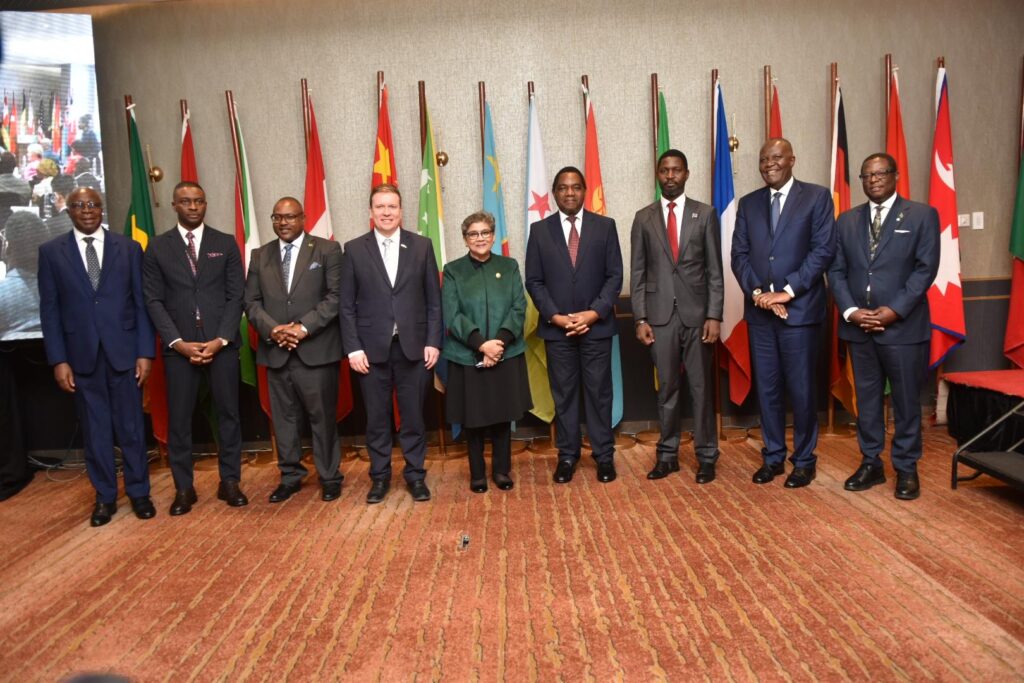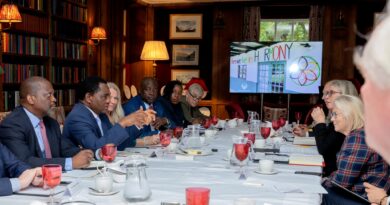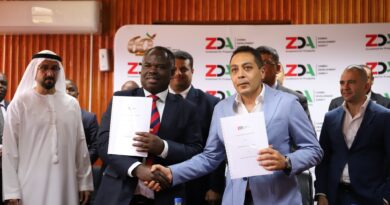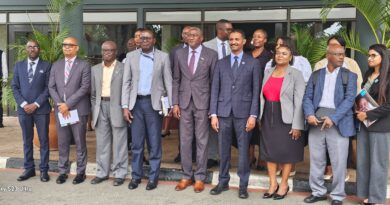3rd LDC Future Forum Concludes with Bold Commitments to Strengthen Resilience in Vulnerable Nations
The 3rd LDC Future Forum concluded in Lusaka with renewed global commitment to building resilience across the world’s 44 Least Developed Countries (LDCs). Held from April 1–3, 2025, the forum gathered policymakers, development experts, and leaders under the theme “Enhancing Resilience.”
Discussions focused on innovative financing, climate-smart agriculture, sustainable infrastructure, circular economy strategies, and multi-stakeholder partnerships aimed at equipping LDCs to withstand systemic shocks.
Opening the event, Ms. Rabab Fatima, UN Under-Secretary-General and High Representative of the UN-OHRLLS, emphasized that the vulnerabilities faced by LDCs—such as climate change, economic instability, and geopolitical crises—demand immediate and coordinated action.
She spotlighted successful models like Ethiopia’s Productive Safety Net and Cambodia’s IDPoor digital system as examples of how data-driven, shock-responsive programs can break cycles of poverty.
Ms. Fatima urged greater investment in inclusive social protection and locally driven climate adaptation to unlock the full potential of LDCs.
Zambian President H.E. Hakainde Hichilema delivered a compelling address on the importance of transitioning from foreign aid dependency to self-reliance. He outlined Zambia’s efforts to strengthen national resilience through enhanced irrigation, renewable energy expansion, and climate-smart agricultural systems.
President Hichilema emphasized that evolving global dynamics make external assistance increasingly unreliable, underscoring the need for LDCs to find sustainable, internal solutions. He also expressed Zambia’s aspiration to graduate from LDC status, calling resilience “an absolute must.”
Representing Finland, H.E. Mr. Ville Tavio, Minister for Foreign Trade and Development, offered insights into Finland’s historic journey from rural underdevelopment to becoming a high-income country.
He emphasized that, although Finland’s model may not be universally applicable, it illustrates how education, inclusive policies, and innovation can rapidly transform societies. Mr. Tavio reaffirmed Finland’s long-standing commitment to supporting LDCs in advancing sustainable development goals (SDGs).
High-level dialogues and thematic sessions revealed urgent priorities. On financing, participants noted that LDCs collectively require $4 trillion annually to achieve the SDGs. Tools such as blended finance, green bonds, and support from institutions like the Nordic Development Fund were proposed to close funding gaps.
On climate-smart agriculture, the role of AI and early warning systems was emphasized, alongside regional cooperation to enhance food security. Sessions on water and energy focused on gender-sensitive approaches to sustainable resource management, while circular economy discussions showcased innovations from Rwanda, Ethiopia, and Bangladesh in waste reduction and green industrialization.
Social protection models also took center stage. Tanzania’s TASAF program and Burundi’s climate-responsive safety nets were highlighted for effectively combining poverty alleviation with long-term development. These programs demonstrated how strategic public investments can help communities rebound from shocks and build sustainable futures.
The forum concluded with a strong endorsement of the Doha Programme of Action (DPoA), with renewed focus on accountability, climate adaptation, and resilient infrastructure. Ms. Fatima closed with a call for unity, stating: “By working together, we can ensure that LDCs have the necessary tools and resources to achieve sustainable development and graduate from the LDC category with resilience and stability.”
As the global landscape grows increasingly complex, the outcomes of the 3rd LDC Future Forum provide a timely roadmap for sustainable progress. Through strategic partnerships, innovation, and shared responsibility, LDCs are charting a course toward greater resilience and inclusive growth.



